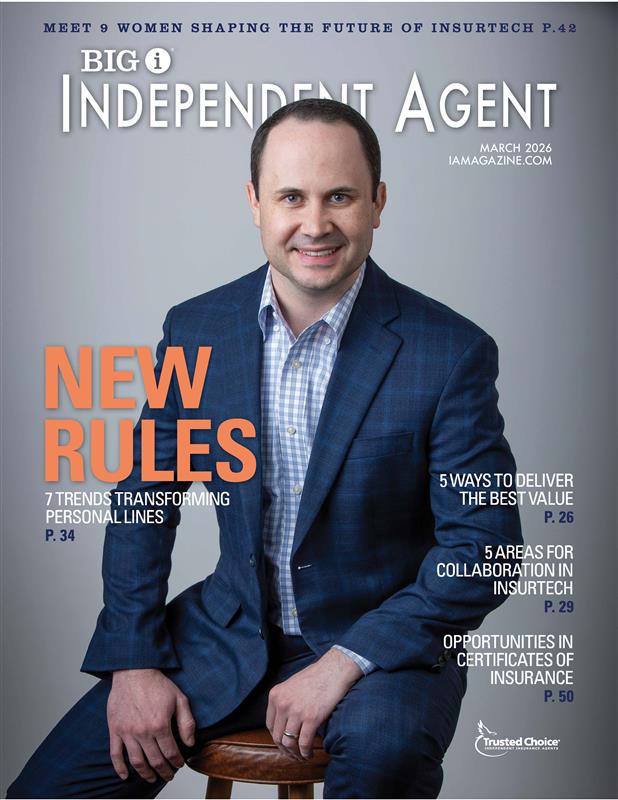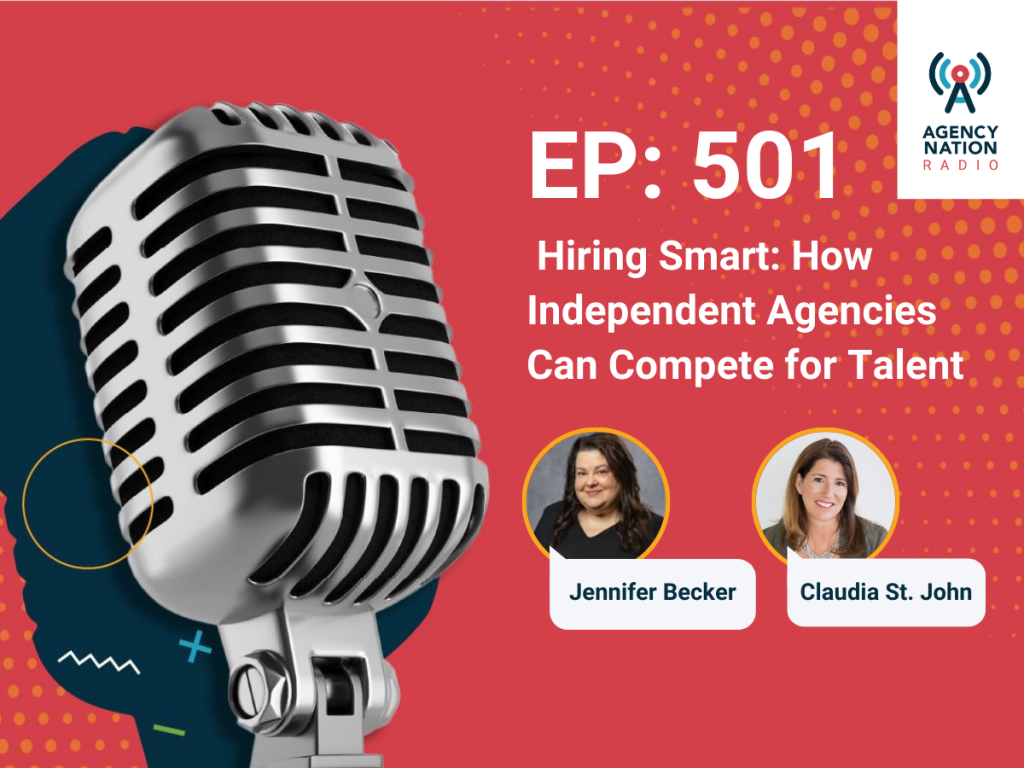5 Things You Should Know About Hiring and Neurodiversity

By: Jessica Lee
People often say that if you’ve met one independent insurance agency owner, you’ve met one independent insurance agency owner. Well, the same is said for people who are neurodivergent, such as people who have autism.
Between 15% and 20% of the population is neurodiverse, also referred to as neurodivergent, according to the National Library of Medicine, which includes up to 10% of people who are diagnosed with dyslexia, 6% with dyspraxia, 5% with attention deficit hyperactivity disorder (ADHD) and 1% to 2% with autism.
Specifically, there are now approximately 2.5 million adults with autism living in the U.S., according to the advocacy organization Autism Speaks, and only 22% of autistic adults are in any form of employment, according to the National Autistic Society.
This untapped talent pool can address the challenges that agencies face in turnover, work management, talent shortages and staff capacity. However, stereotypes and misunderstandings prevent people with autism or another type of neurodiversity from being hired and contributing to the workplace.
Characteristics of some neurodiverse minds include literal speech, social fluency differences, wandering eye contact, and silences or longer pauses to process information and provide a verbal response. But through education and understanding, many of these traits can be assimilated into your daily routines and appreciated as a superpower for your business.
Here are five things you should know about hiring a neurodivergent team member:
1) Not all neurodivergent people are introverted. The neurodiverse community is often considered introverted and a group that does not seek out social interaction. However, like most of us, neurodivergent individuals desire connection and community but may have different ways of communicating or need more time to feel comfortable and open up.
Many of us have this perception because we confuse literal speech with disinterest. Consider the “Walk me through your resume” question. A literal thinker will walk you through each line of their resume and may not provide additional information about the skills and experiences that translate directly to the job role.
Literal thinkers respond to what is asked exactly and sometimes that comes across as short and blunt. Neurotypical individuals typically interpret these answers as disinterest, rude or low intelligence, when in fact, the individual is answering directly to the question that was asked. Literal thinkers bring deep honesty and see things as they are. This is a positive trait for teams and workplaces, especially in jobs that require literal and direct thinking or interpretations, like compliance or performing repetitive tasks consistently.
2) Neurodiversity lends advantages to work beyond IT, math and logic. Many neurodiverse individuals thrive in job roles that rely on math and logic skills, such as accounting, IT and cybersecurity. Insurance has a unique opportunity to capture the value of neurodivergent minds in actuarial positions, compliance, and other detailed and concrete work tasks. However, many neurodivergent individuals are also skilled artists and creatives—bringing unique and innovative perspectives to design and problem-solving. Whatever a candidate’s strengths, skills-based interviews provide employers a chance to witness these skills.
3) Neurodiversity is more common than you think. Anyone can enter the neurodiverse community at any time in their life and are more prone to it with age. Neurodivergence covers all variations in human cognition. Some come in the form of specific medical diagnoses, such as ADHD and autism, while others may be a result of traumatic brain injuries, stroke or aging.
Neurodiversity requires an acknowledgment of the conditions that keep our brains healthy and in an optimal state while also understanding what dysregulates us. This can include common mental health challenges, such as anxiety and depression.
4) There are missed opportunities for neurodivergent individuals to contribute. Neurodivergent individuals are capable of high achievements and we are missing out on the unique perspectives and contributions neurodivergent minds bring to the workplace.
Differently wired minds fuel innovation, creativity, pattern recognition and problem-solving in new and novel ways. And because neurodivergent and disabled individuals have had to navigate creatively in a world that wasn’t built for them, they are resilient and hard-working.
5) Hiring for neurodiversity creates better managers. Every employee has unique needs and working styles and the best managers manage the individual needs of every one of their employees. Managing a neurodivergent employee means managers and supervisors will learn more about different processes, and communication and working styles. This creates a wider understanding of the mind’s functions and perspectives and helps them approach work and their team in a new, optimized way.
Overall, agencies that are in a talent crisis are missing out if they are not yet considering a neurodiverse talent pool.
Jessica Lee is executive director and co-founder of NeuroTalent Works. Learn more and hire from NeuroTalent Works’ (Neuro)diversity in Insurance job training program.










